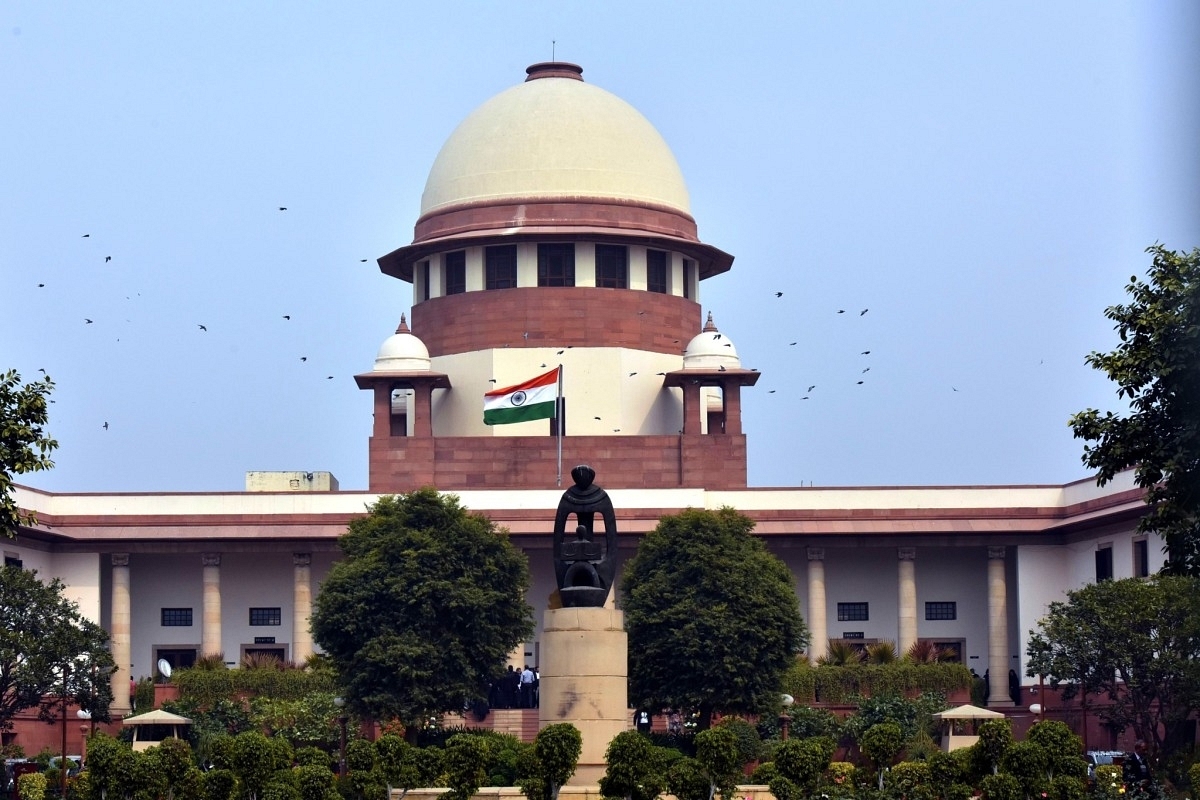News Brief
Supreme Court To Address Marital Rape: Landmark Hearing Set For Mid-October

The Supreme Court of India
Chief Justice D.Y. Chandrachud has agreed to list a series of petitions seeking the criminalisation of marital rape by mid-October.
The Supreme Court has also acknowledged that sexual assault of a wife can take the form of rape.
After the Constitution Bench hearings, Chief Justice Chandrachud assured senior advocate Indira Jaising and advocate Karuna Nundy that the petitions would be listed sometime in mid-October.
In an earlier hearing, the Union's Solicitor General Tushar Mehta emphasized that the case had significant legal implications as well as a broad social impact.
The petitions have arisen primarily in response to decisions made by the Karnataka and Delhi High Courts, necessitating a definitive ruling from the highest court in the land.
The Karnataka High Court ruled that a husband could be charged with rape if he engaged in non-consensual sexual intercourse with his wife. Subsequently, the Karnataka government expressed its support for this judgment in an affidavit submitted to the apex court.
Exception two to section 375 of the IPC provides an exemption for marital rape, stating that sexual intercourse between a man and his wife, who is above the age of 18, without her consent, is not considered rape.
The Karnataka High Court has emphasized that regardless of the immunity provided in the penal code, a man who commits rape should face trial. They stated that rape is rape, regardless of whether it is committed by a husband on his wife.
In a separate case on the same issue, the Delhi High Court delivered a split verdict in May of last year.
Justice Rajiv Shakdher, who led the two-judge Bench, declared exception two to Section 375 of the Indian Penal Code (IPC) as unconstitutional.
However, Justice C. Hari Shankar, the associate judge on the High Court Bench, rejected the plea to criminalize marital rape.
He noted that any changes to the law should be made by the legislature, as various aspects including social, cultural, and legal considerations need to be taken into account.
When asked whether the Supreme Court should wait for a decision from a three-judge Bench of the Delhi High Court, Chief Justice Chandrachud responded that the apex court already had the benefit of the crystallized views of two judges and would proceed with hearing the petitions.
The Karnataka government has referred to the 2013 report of the Justice J.S. Verma Committee, which recommended the elimination of the exception for marital rape.
The committee proposed that the law should clearly state that the perpetrator's relationship with the victim is not a valid defense against charges of rape or sexual violation.
One of the petitioners, activist Ruth Manorama, argued that the exception undermines women's ability to give consent to sexual activity and violates their bodily integrity, autonomy, and dignity.
Support Swarajya's 50 Ground Reports Project & Sponsor A Story
Every general election Swarajya does a 50 ground reports project.
Aimed only at serious readers and those who appreciate the nuances of political undercurrents, the project provides a sense of India's electoral landscape. As you know, these reports are produced after considerable investment of travel, time and effort on the ground.
This time too we've kicked off the project in style and have covered over 30 constituencies already. If you're someone who appreciates such work and have enjoyed our coverage please consider sponsoring a ground report for just Rs 2999 to Rs 19,999 - it goes a long way in helping us produce more quality reportage.
You can also back this project by becoming a subscriber for as little as Rs 999 - so do click on this links and choose a plan that suits you and back us.
Click below to contribute.
Latest